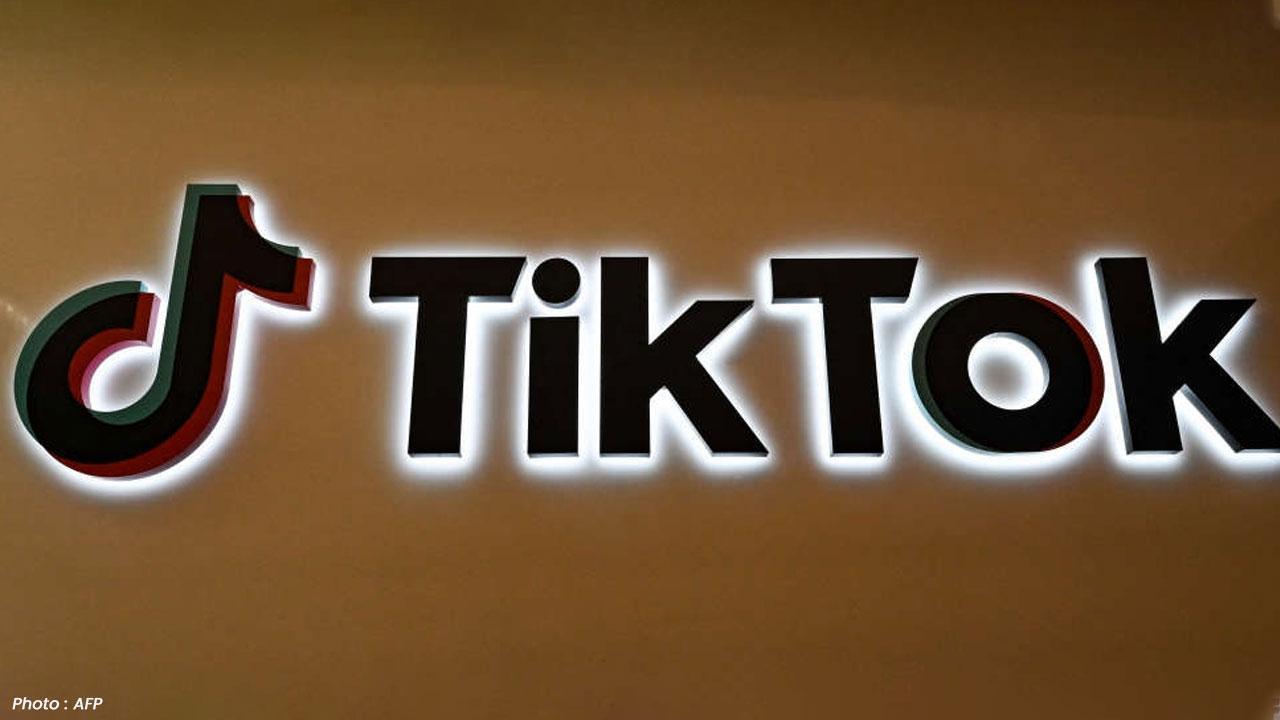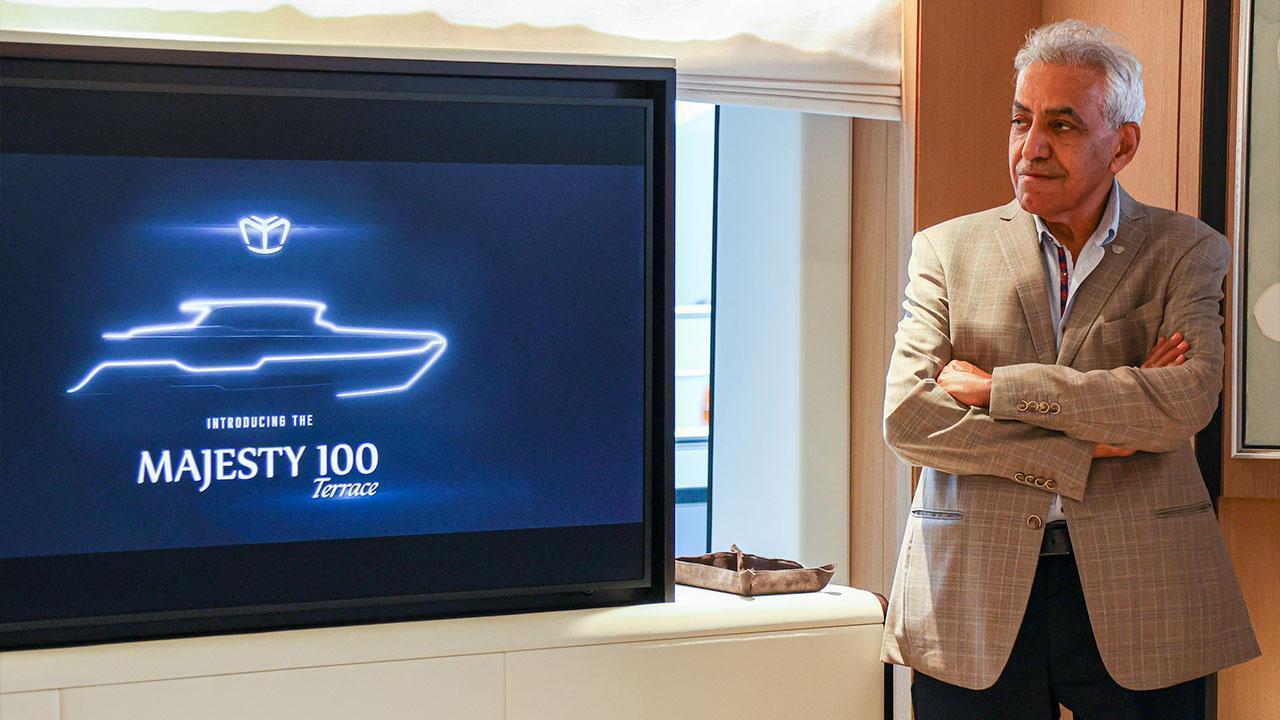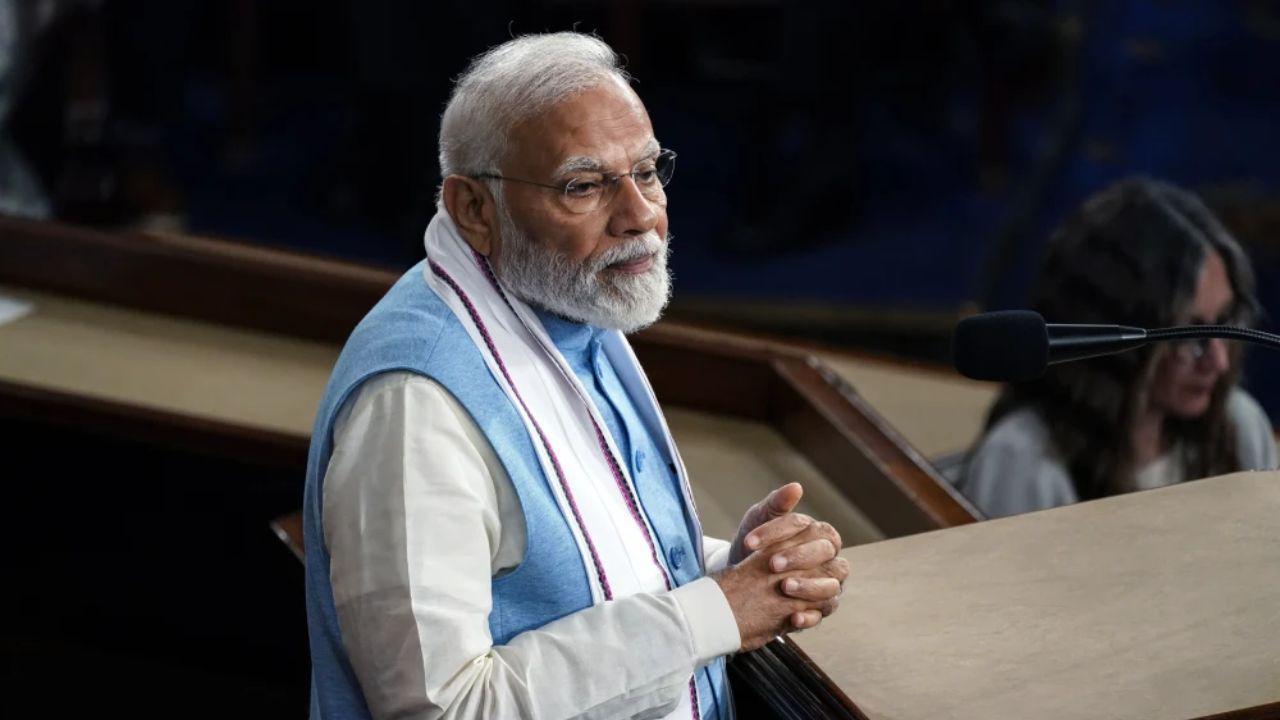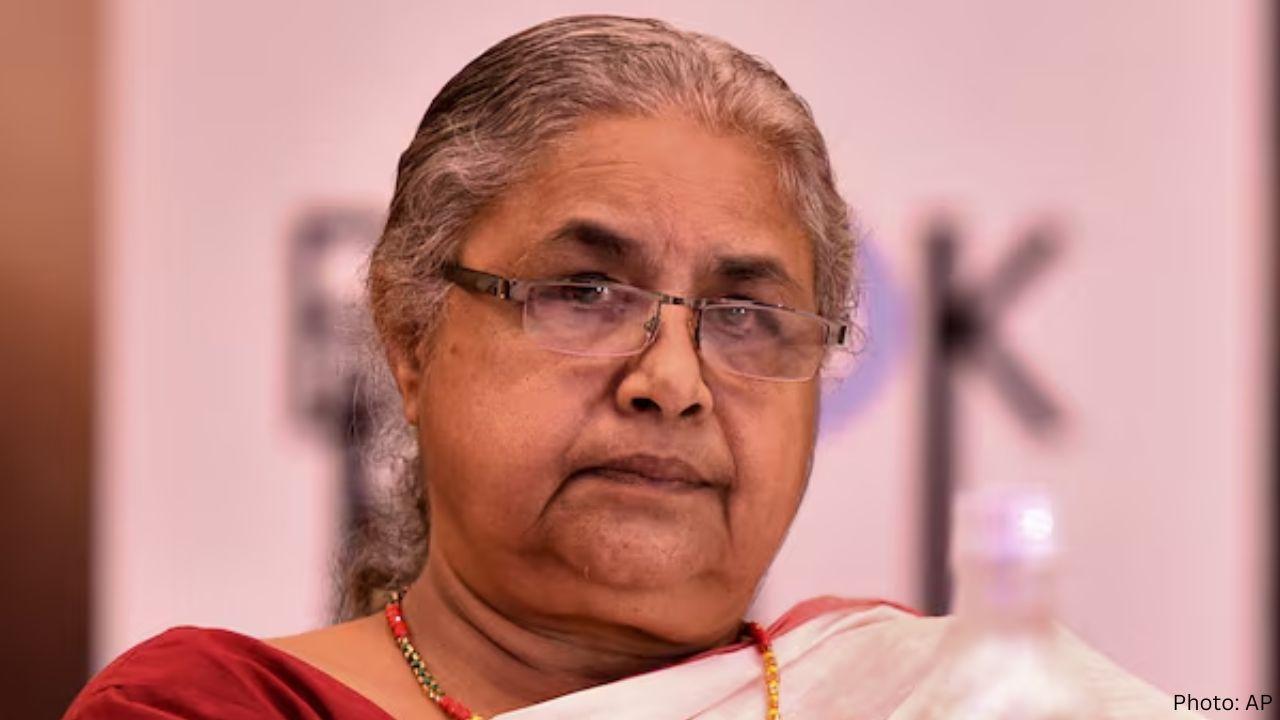
Join 10k+ people to get notified about new posts, news and tips.
Do not worry we don't spam!

Post by : Raman
Australia is making history by introducing a law to protect children online. Starting from December 10, 2025, social media platforms will be banned for anyone under the age of 16. This makes Australia the first country in the world to impose such a strict rule. The law aims to protect teenagers from harmful content, cyberbullying, mental health risks, and other dangers associated with social media.
The decision has attracted attention from governments, technology companies, and experts worldwide. Australia’s approach is being closely watched because it could set a global example for online child safety. Many countries are still struggling with how to keep children safe online, and Australia is taking a bold step by creating clear rules and giving tech companies a clear timeline to follow.
The law was passed in November 2024 and gives social media companies a year to prepare. By the December 2025 deadline, platforms must deactivate the accounts of all underage users and make sure children cannot simply create new accounts to bypass the rules. The federal government has made it clear that compliance is mandatory. Companies that fail to act responsibly may face penalties.
eSafety, Australia’s internet safety watchdog, is guiding social media companies on how to implement the law. eSafety Commissioner Julie Inman Grant has emphasized that companies should use “minimally invasive” methods to check users’ ages. This means platforms should avoid collecting unnecessary personal information or asking for excessive data. Instead, they can use artificial intelligence (AI), behavioral data, or existing account information to infer a person’s age accurately.
Grant explained, "We know that they have the targeting technology to do this. They can target us with deadly precision when it comes to advertising; certainly, they can do this around the age of a child." In other words, if companies already have the technology to serve precise ads, they also have the technology to identify underage users effectively.
The guidance also ensures that adult users will not face unnecessary disruptions. "Adults should not see huge changes," Grant said. "It would be unreasonable if platforms re-verified everyone’s age." The law is focused on protecting children while keeping the social media experience normal for adults.
Initially, the law applied to platforms like Facebook, Instagram, Snapchat, and TikTok. In July 2025, YouTube, owned by Google’s parent company Alphabet, was also included. YouTube had been initially exempted from the ban, but after complaints and public discussion, the government extended the rule to include the platform. This ensures that the major social media platforms popular with teenagers are covered under the law.
Federal Communications Minister Anika Wells emphasized the importance of this law, calling it a step to "police the sharks" in the online world. She said that the platforms have the ability and responsibility to detect and deactivate underage accounts. Wells stressed that there is no excuse for non-compliance because these companies are among the largest and best-resourced in the world.
The law also includes specific instructions for how companies should prevent re-registration by underage users. This could involve using AI, analyzing behavioral patterns, or identifying repeated attempts to create new accounts. The government wants to make sure that children cannot simply bypass the restrictions by using fake information or a new email address.
One of the main goals of this law is to address concerns about teen mental health. Research shows that social media can have both positive and negative effects on teenagers. While it can be a platform for learning and socializing, it can also lead to anxiety, depression, sleep problems, and exposure to harmful content. According to eSafety, in February 2025, 95 percent of teenagers aged 13 to 15 had used at least one social media platform since January 2024. The real numbers may be even higher, which shows the widespread use of social media among young teens.
By banning access for children under 16, Australia hopes to reduce these risks and encourage safer online behavior. The law represents a proactive approach, aiming to prevent harm before it occurs rather than reacting to problems after they arise.
The government also emphasized the need for accessible complaint mechanisms. Platforms must provide users, parents, and guardians with a way to report issues or ask for help if there is a problem with age verification or account deactivation. This ensures that the law is transparent and fair, giving families a voice in protecting children online.
Australia’s approach is unique because it does not require companies to perform blanket age verification. Instead, platforms can use existing data and smart technology to determine users’ ages. This approach is intended to balance privacy and safety. Platforms do not need to collect extra information from adults, and they do not need to ask users for personal details that could be misused or stored unnecessarily.
The law has sparked global discussion. Some experts see it as a positive step forward, demonstrating how governments can protect children online. Others have raised questions about how it will be implemented, whether AI and behavioral data will be accurate, and how privacy concerns will be addressed. Despite these questions, the Australian government is confident that the benefits outweigh the challenges.
Social media companies are expected to comply by using technology already available. AI tools can analyze patterns of behavior, content interaction, and account details to detect underage users. Platforms like Meta and Google already use advanced algorithms to target content and advertisements, which can now be adapted to enforce age restrictions effectively.
The law also highlights the role of eSafety as a regulatory authority. eSafety’s guidance ensures that platforms can follow the law without harming user privacy. The agency acts as both a support system and enforcement body, providing clear instructions and monitoring compliance. This helps platforms implement age restrictions responsibly.
Australia’s ban is a first in the world. While other countries have introduced age limits or safety measures, none have restricted social media for all users under a certain age. This positions Australia as a global leader in online child safety. The law sends a clear message that teen safety comes first and that social media platforms must be accountable for their youngest users.
The law also encourages parents, educators, and policymakers to engage in conversations about responsible social media use. By setting clear rules and expectations, Australia is creating a culture where children can interact online safely, with guidance and oversight. Families can discuss online habits, explain why certain content is inappropriate, and monitor digital behavior without constant worry.
The implementation of this law will be closely watched internationally. Countries like the United States, the United Kingdom, and members of the European Union may study Australia’s approach as a model for their own online safety policies. If successful, this could lead to similar regulations worldwide, creating a safer digital space for children everywhere.
The December 10, 2025, deadline marks an important milestone. By this date, all social media platforms must have systems in place to detect underage accounts and deactivate them. Platforms must also prevent repeated attempts by children to bypass restrictions, ensuring the law is effective.
In addition to protecting children, the law is designed to minimize disruption for adults. Adults who are already users of social media should not face unnecessary verification requests. The government’s guidance ensures that the age-check process is efficient, safe, and minimally intrusive.
The Australian law demonstrates how governments can use technology and regulation together to protect society. By relying on AI, behavioral data, and existing account information, platforms can enforce age limits without invading privacy or creating extra burdens for adult users.
Australia’s social media ban for under-16 users is a historic step in online child safety. The law protects teens from harmful content, cyberbullying, and mental health risks while allowing adults to continue using platforms normally. With guidance from eSafety, enforcement by the government, and the use of AI technology, the law is designed to be effective, fair, and minimally invasive.
This pioneering law sets a global example, showing that countries can take strong action to protect children in the digital age. The December 2025 deadline will test how well platforms comply, and the world will be watching to see if Australia’s approach can create a safer, healthier environment for young social media users.
Australia’s move also encourages parents, educators, and policymakers to discuss responsible online use with children. By combining legal safeguards, technology, and public education, the country is creating a model for the future. The social media ban is not just a restriction; it is a step toward building a safer digital world where children can grow, learn, and interact responsibly online.
Through this law, Australia is showing that protecting children in the online world is both necessary and achievable. Other countries may follow its lead, and social media platforms will have a clear responsibility to ensure the safety of their youngest users.
Australia social media ban, teen social media restriction, eSafety guidelines, AI age verification










Lily Collins Shines in Glamorous Calvin Klein Look at New York Fashion Week
Lily Collins stuns at NY Fashion Week in a sparkling Calvin Klein co-ord set, blending elegance, gla

Lippo Di Carrara wins UAE President’s Cup Derby at Doncaster
Lippo De Carrere shines at Doncaster, winning the UAE President’s Cup UK Arabian Derby, the richest

Jaismine Lamboria Wins World Boxing Gold for India
India’s Jaismine Lamboria claimed World Boxing gold, while Nupur Sheoran earned silver and Pooja Ran

Sri Lanka beat Bangladesh by 6 wickets in Asia Cup 2025 opener
Sri Lanka started their Asia Cup 2025 campaign with a six-wicket win over Bangladesh, powered by Nis

PM Modi Lays ₹6,300 Crore Projects in Assam Criticizes Congress
PM Modi accuses Congress of backing infiltrators, lays ₹6,300 crore health and infrastructure projec

Sushila Karki Becomes Nepal’s First Woman Prime Minister
Eminent jurist Sushila Karki, 73, becomes Nepal’s first woman prime minister after Gen Z protests to